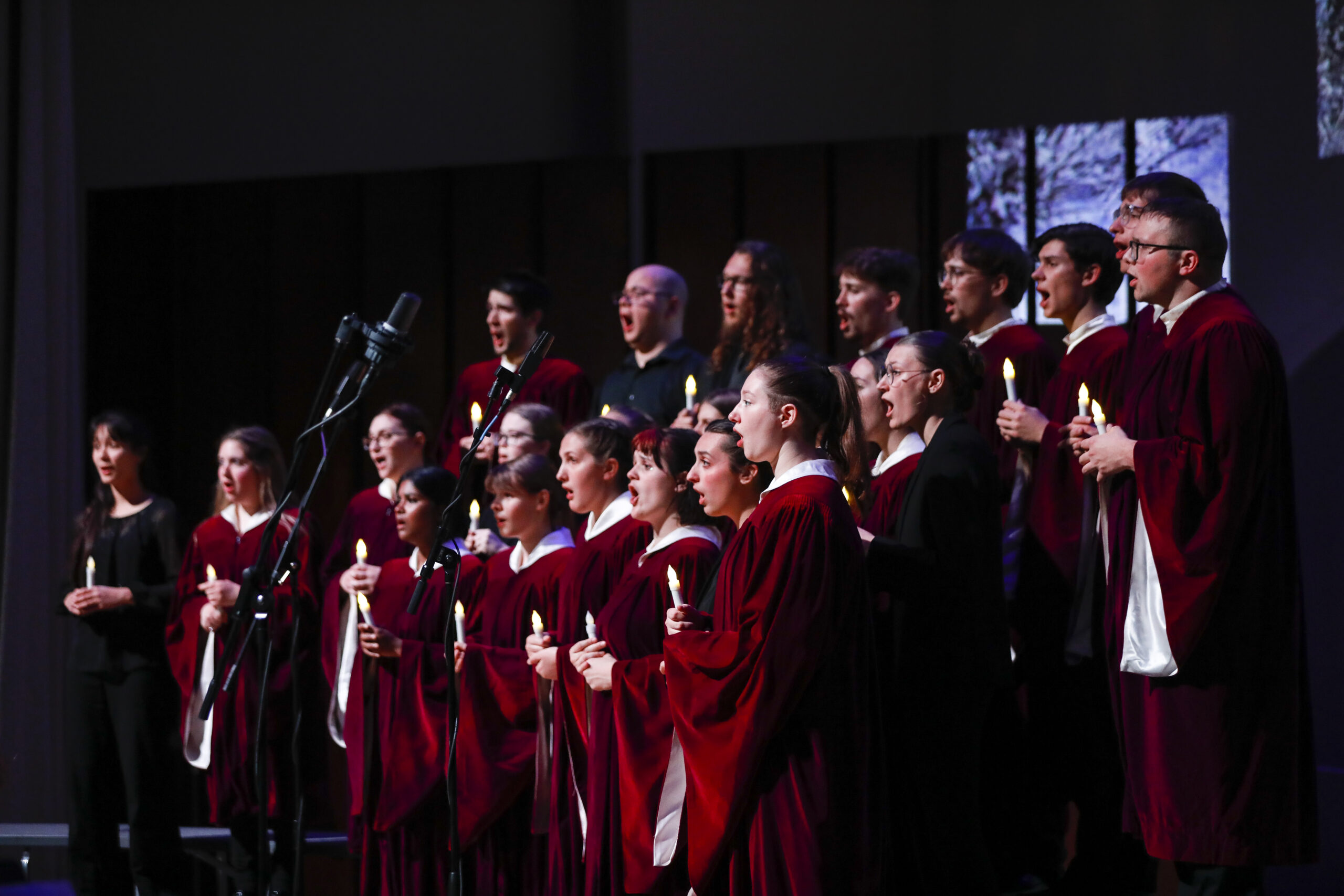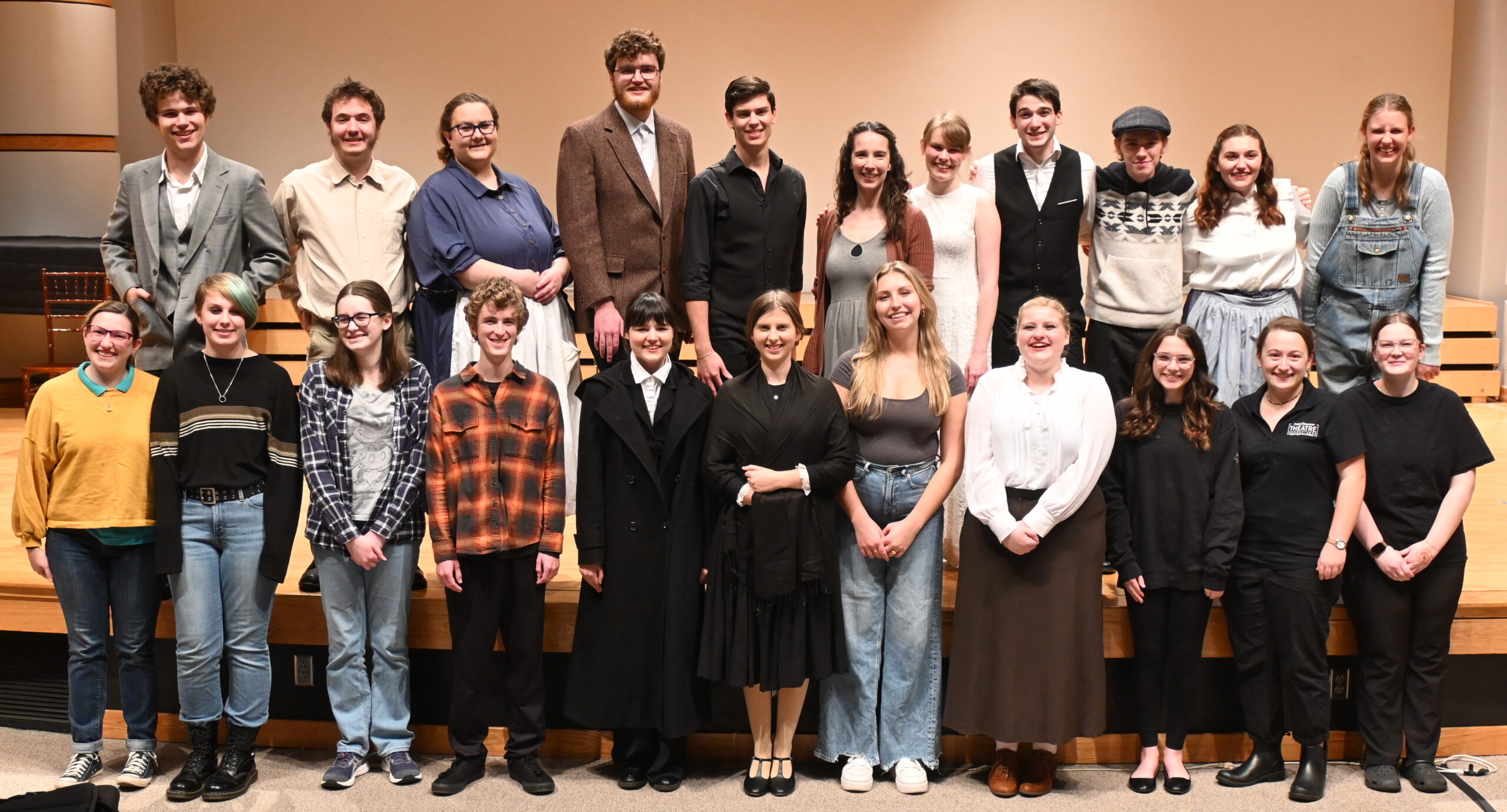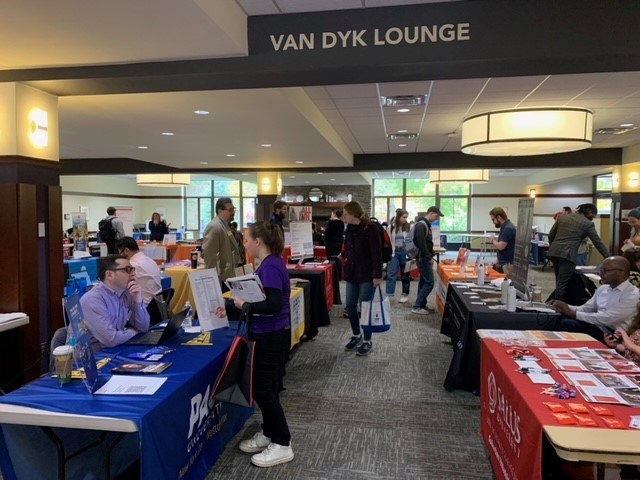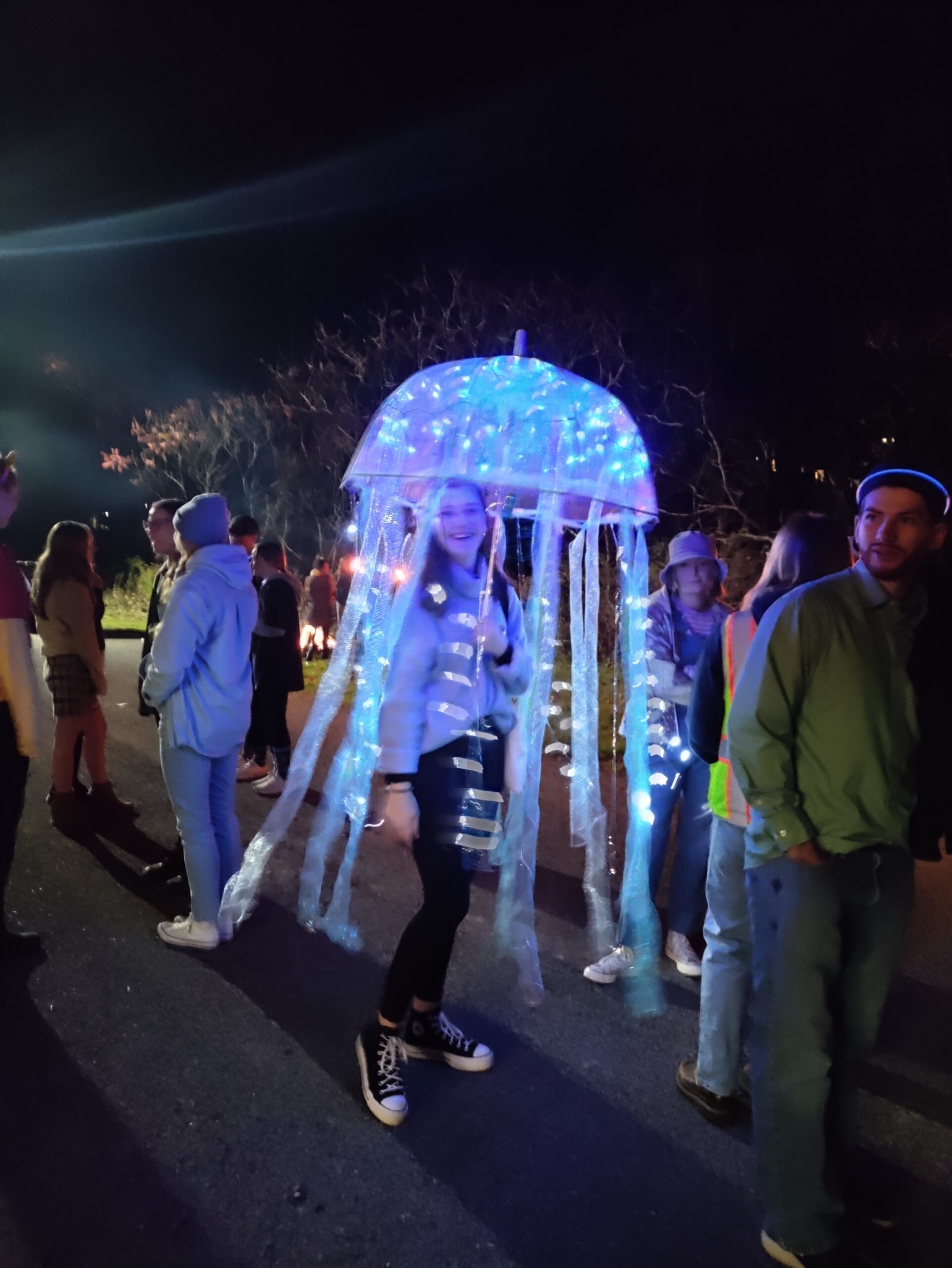Category: Campus

Naughty vs. Nice Professors
By Juliana Schmidt ('25) The results are in for the Naughty or Nice Professor Poll! Professor Kevin Dibble of the…

Christmas Prism
By Isabella Bratton ('26) Houghton’s Christmas Prism will be held on Friday, Dec. 1, at 7:30 p.m. at the Victory…

November 17, 2023
News, Campus, Stories In Focus
Willard J. Houghton Library
By Rebecca Dailey ('25) The Willard J. Houghton Library comprises about 200,000 physical books and an online database with roughly…

Thanksgiving At Houghton
By Olivia Kleinau ('23) On Oct. 9, Canadian Thanksgiving was celebrated at Houghton University, Rothenfeast occurred on Nov. 11, and…

Lyric Theatre’s Our Town
By Jiana Martin ('26) Tonight, Friday, on Nov. 10 at 7:30 p.m., the Lyric Theatre will hold its second performance…
November 05, 2023
News, Campus, Stories In Focus
Inside the Board of Trustees
By Rebecca Dailey ('25) The Houghton University Board of Trustees is a group of volunteers, mostly composed of alumni, who…

November 05, 2023
News, Campus, Sports, Stories In Focus
Social Division: Athletes and NARPs
By Sophia Vernon ('26) “ are a clique because they all know each other,” stated Abigail Franz (’25), adding that…

Grad School Fair 2023
By Isabella Bratton ('26) Houghton’s Grad School Fair for the Fall 2023 semester was on Wednesday, Oct. 25 from 10…

Frankenbein Returns
By Juliana Schmidt ('25) On Oct. 28, the Halloween party, Frankenbein, will be held at 8:30 p.m. in the Larder…

Spooky Stories
By Olivia Kleinau ('23) Dr. Douglas Gaerte, Professor of Communications, at Houghton University, shared two articles of spooky stories from…
